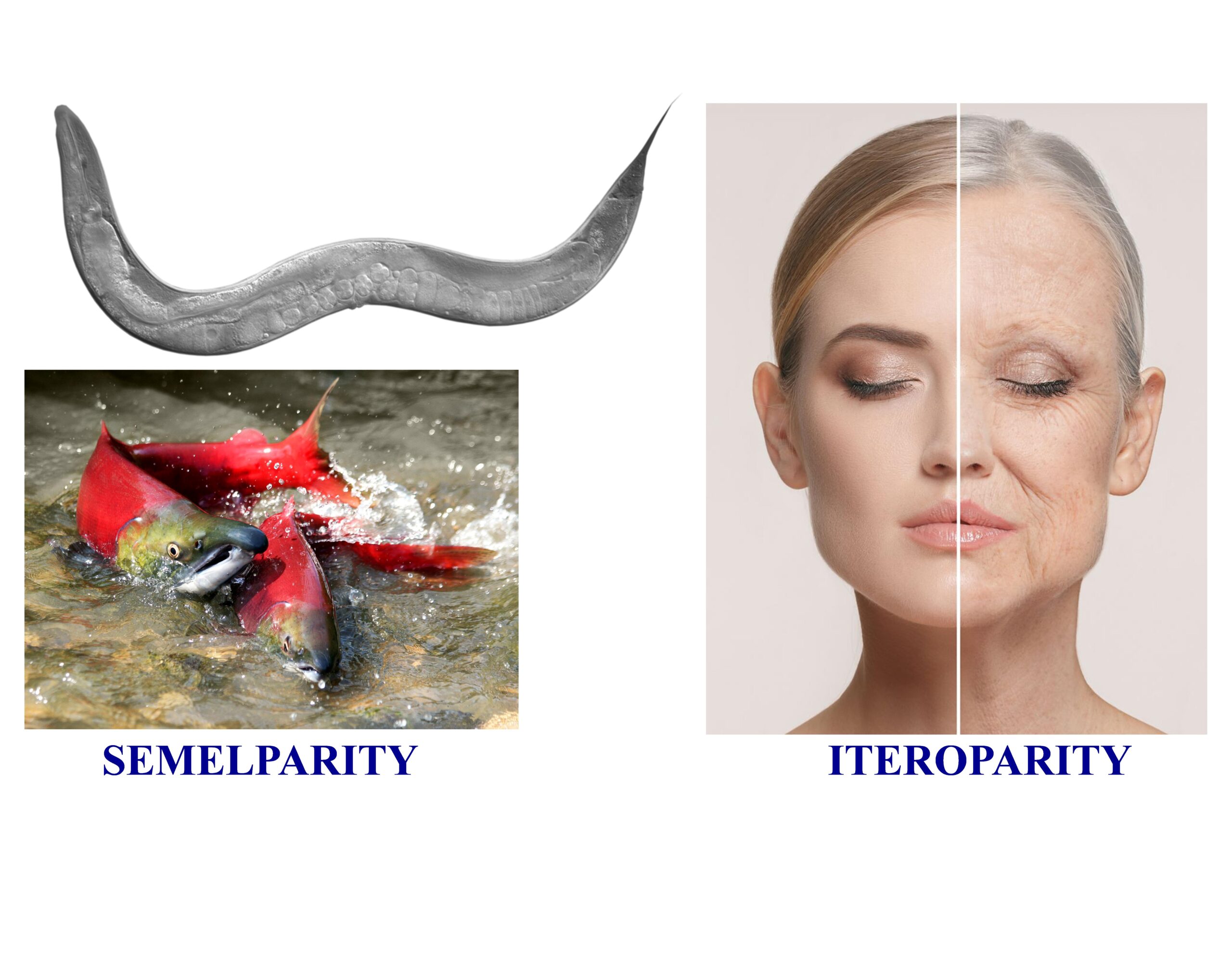‘The Case for Cultural Group Selection‘
By
Professor Peter J. Richerson,
(Department of Environmental Science and Policy, University of California Davis)

Abstract: Robert Boyd and I have long argued that group selection on culturally transmitted variation has been an important force in gene-cultural coevolution, particularly in the evolution of human “social instincts.” This argument remains controversial. I will review the evidence for three forms of group selection act on cultural variation: (1) differential extinction and proliferation of social organizations, (2) selective borrowing from successful organizations, (3) selective immigration into successful organizations. The main empirical plank of the case for cultural group selection is that the proximal details of cultural inheritance make it much easier for microevolutionary processes to build up and maintain variation between organizations than is the case for genetic inheritance. Consistent with theoretical models of the generation of intergroup variation in the two cases, cultural variation between neighboring ethnic groups is about ten times genetic variation between the same groups. In many cases, organizations institutionalize social behavior, meaning that people are expected to conform to rules of behavior that are reinforced by systems of reward and punishment. Institutions suppress individual variation within organizations. Different organizations tend to evolve different institutions, generating equilibrium selection when they compete. Almost any system of organizations is potentially subject to cultural group selection. Competing business firms in capitalist economies are a famous example. Evolutionary genomics has greatly increased our confidence that culture can drive the evolution of genes. The best worked out alternative to group selection on cultural variation, and subsequent gene-culture coevolution, to explain human abilities to form cooperative organizations is the indirect reciprocity argument. Socially intelligent actors certainly use tools such as reputation and punishment to enforce cooperation. But social intelligence, reputation and altruistic punishment are equally plausibly an ultimate result of cultural group selection.
Date: January 25th 2011, 18.30
Location: JZ Young Lecture Theatre (Anatomy Department, University College London, Gower Street, London WC1E 6BT)





